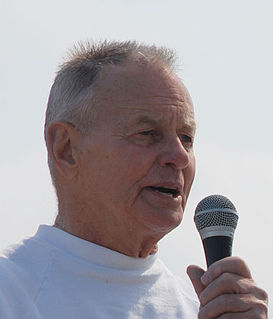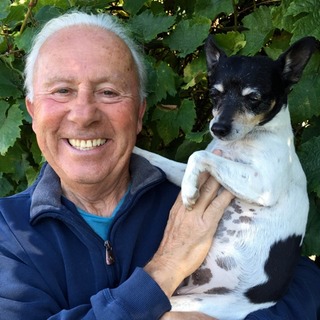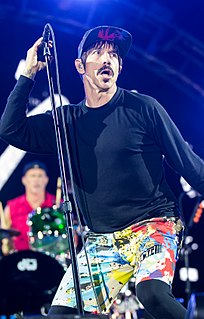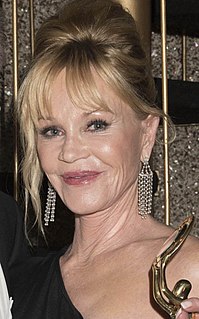A Quote by David Schwimmer
The biggest effect celebrity had on me was that I stopped being open and receptive and started to walk around with my head down.
Related Quotes
Jazz stopped being creative in the early '80s. After your acoustic era, where you had the likes of the Miles Davis Quintet, when it gets to the '70s it started being jazz fusion where you had more electronic stuff happening, then in the '80s they started trying to bring back the acoustic stuff, like Branford Marsalis and the Wynton Marsalis & Eric Clapton sextet. It started dying down from there. Miles was still around in the '80s and he was still being creative; he was playing Michael Jackson songs and changing sounds, but a lot of people were still trying to regurgitate the old stuff.
Part of it has to do with the discipline of being actively receptive. At the core of this receptivity is a process that might be called soft eyes. It is a physical sensation. You are not looking for something. You are open, receptive. At some point you are in front of something that you cannot ignore.
I had an apartment and I had a neighbor, and whenever he would knock on my wall I knew he wanted me to turn my music down and that made me angry 'cause I like loud music... so when he knocked on the wall, I'd mess with his head. I'd say Go around I cannot open the wall I dunno if you have a door on your side but over here there's nothin'. It's just flat.
As an author, I don't really think too much about being a celebrity. It's not like being a movie star or a TV star. It's not as if people recognize me when I walk down the street. That hardly ever happens, and it's just as well. But it is great when people know my books, when I walk through an airport and see them in the bookstore, or when I see someone reading a book on a plane or on a train, and it's something I've written. That's a wonderful feeling.
Maybe I've been a small part of the democratisation of celebrity, because I've been fascinated by it, and when it started to happen to me to the very limited extent that it happens to writers in North America, I was exposed to people who had the disease of celebrity. People who had raging, raging, life-threatening celebrity, people who would be in danger if they were left alone on the street without their minders. It's a great anthropological privilege to be there.


































